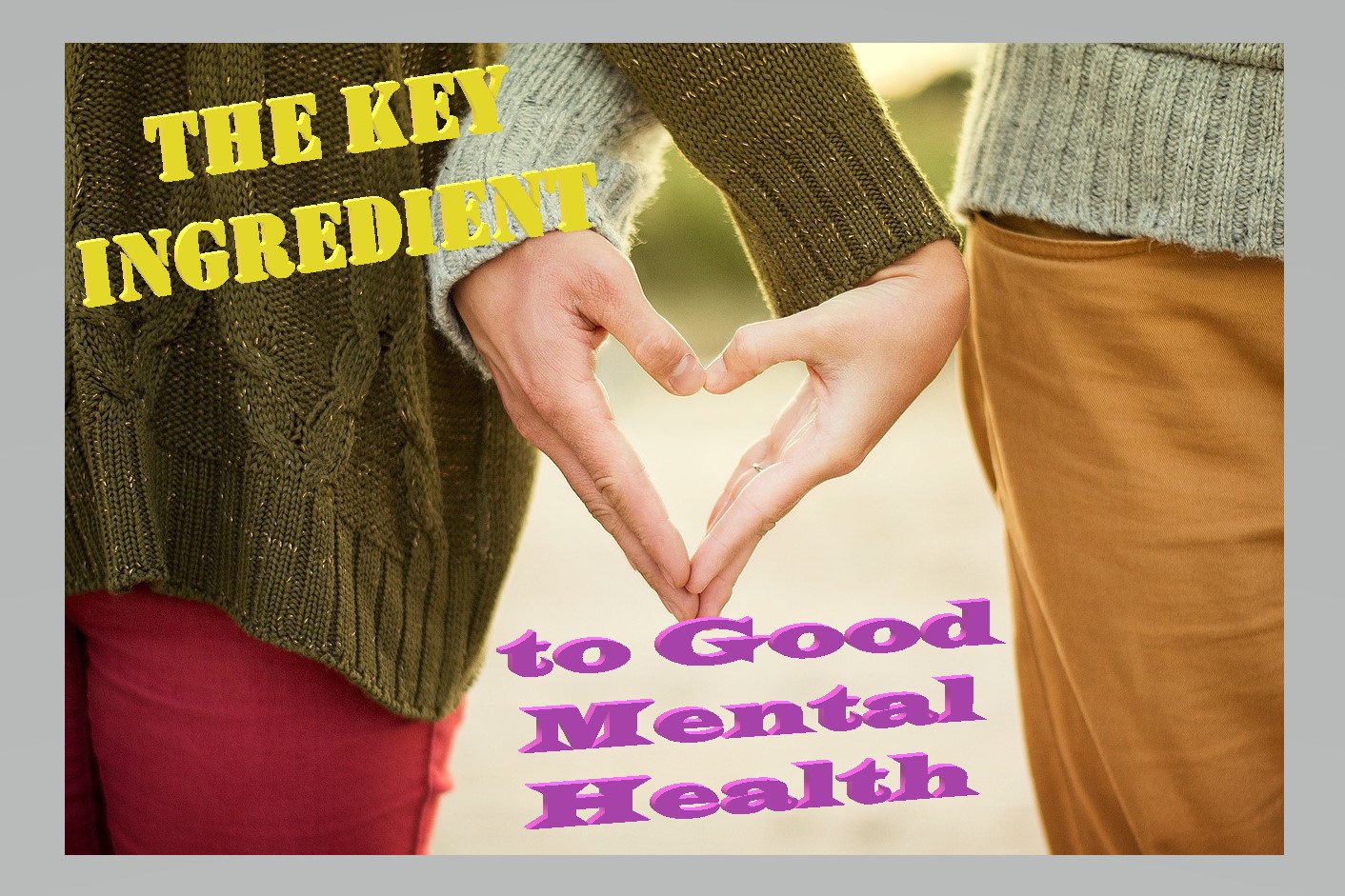We all want to know the secret solution to all our problems. After decades of research in psychology in what it takes to develop good mental health and avoid mental illness, we have a fairly good idea of what is needed: Good nutrition; mental and physical stimulation and challenge; enjoyable activities; and the avoidance of extreme suffering and trauma. One need, however, seems to stand head and shoulders above many of the others: unconditional love.
Quid Pro Quo: The opposite of unconditional love is summed up well in the Latin phrase, “quid pro quo,” translated as “this for that,” “give and take,” or “tit for tat.” This is NOT unconditional love, care, or support—it is conditional or contingent care. Let me illustrate with a few examples:
I’ll pay you your day’s wage if you put in the work”
“I’ll continue paying my barista as long as he continues to brew it to my liking…
he will continue to brew it to my liking provided that I pay the fee for the coffee.”
In these examples, the exchange is contingent and reciprocal. It’s balanced: If you feel you are working harder than you should for the wage you are receiving, you will likely demand a raise. If one side of any of these “quid pro quo” relationships stops contributing, the other leaves or also stops their contribution.
Good for the Economy: So what? This sounds alright—relationships should be equal and balanced, right? Well, that depends on the relationship. Economic relationships may function very well with a balanced, contingent relationship setting; however, personal relationships are different.
Healthy Childhood Attachment: A child can’t give nearly as much as a parent can to the relationship—it is inherently unbalanced. And so it should be! Healthy parent-child attachment involves a “need-love” from the child and an “unconditional love” from the parent. While approval and rewards may be somewhat contingent in order to shape behaviour, basic acceptance and support should never be contingent. A child should grow up knowing that they are loved and supported no matter what, without condition. Just as basic nutrition is essential for a growing physical body, so this basic acceptance and support without condition is essential for a developing brain.
Relationships: You may be thinking that much of this is common sense for children, but that it does not apply for adult relationships. Gottman (1999) describes how some marriage therapy techniques and interventions are used to help couples be more reciprocal, and exchange-oriented so that their relationships become more balanced in terms of positive behaviours. This “contingency contracting” seemed to be modelled after economic models. Research has shown, however, perhaps contrary to what you might expect, that marriages which were more “exchange-oriented” were the least happiest and that the happiest couples had an unconditional care and support perspective (Murstein, Cerreto, & MacDonald, 1977).
Christianity: Whether or not you prescribe to a religious or Christian worldview, you may have to admit that the religion with the largest global adherence is also one which promotes a love of God as being “unconditional.” The term used throughout the Bible is agape, and is translated in English as charity: God’s unconditional love of humankind. This unconditional love is viewed as inherently unbalanced. This unconditional love is “patient… not self-seeking… keeps no record of wrongs… always protects, always trusts, always hopes, always perseveres… [and] never fails” (1 Cor 13:4-8, NIV).
Psychotherapy: Decades of research on psychotherapy show that the same sort of ingredients which are helpful for parent-child relationships, spousal relationships, and religion-adherent relationships are not only helpful for therapist-client relationships, they are essential for growth and change. Pioneering psychologist Carl Rogers coined the term “Unconditional positive regard: “Basic acceptance and support of a person regardless of what the person says or does.” It is not the therapist who causes the client to grow and change directly; rather, “it is that the individual has within him or her self vast resources for self-understanding, for altering her or his self-concept, attitudes, and self-directed behavior—and that these resources can be tapped if only a definable climate of facilitative psychological attitudes can be provided” (Rogers, 1986).
Conclusion—Our Task: Those who have had a great upbringing with parents who loved unconditionally, and who have a marriage characterized by support and acceptance even when that support is not balanced, are more likely to have good psychological health. The reality of our world is that there are many who have not experienced unconditional positive regard. These people are prone to addiction and mental illnesses of all sorts. They are often found living in a state of “survival mode” where they seek out acceptance, a sense of control over their lives, and anything that will help them with self-esteem boost—even brief. Those of us who are psychologically healthy need to reach out to these vulnerable people who have just as much worth as everyone else. We need to do this so that they can move out of survival mode and into a psychological environment where they can grow and develop into what they were always meant to be—their unique, authentic selves.
References
Murstein, B. I., Cerreto, M., & MacDonald, M. G. (1977). A theory and investigation of the effect of exchange-orientation on marriage and friendship. Journal of Marriage and the Family, 39(3), 543-548.
Rogers, C. (1986). Carl Rogers on the Development of the Person-Centered Approach. Person-Centered Review, 1(3), 257-259.
Gottman, John Mordechai. (1999). The marriage clinic : a scientifically-based marital therapy. New York :W.W. Norton,

